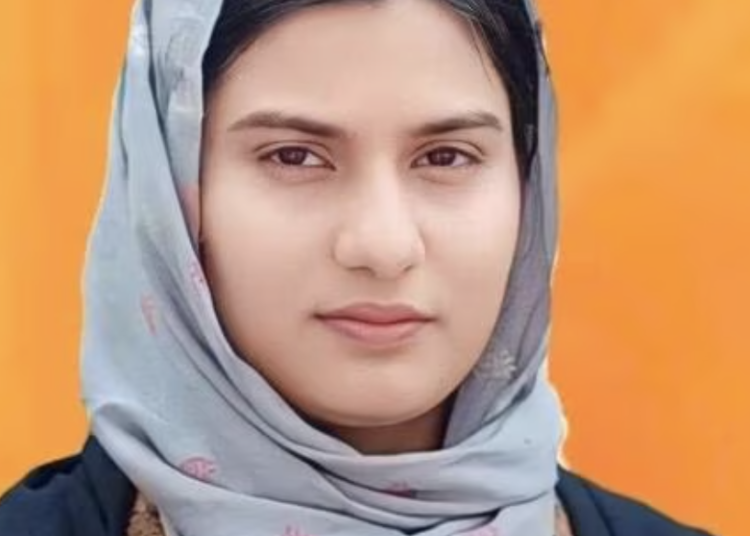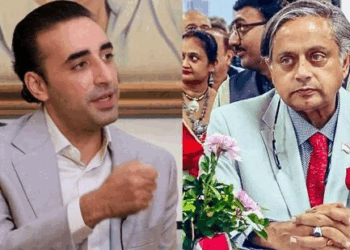In a political landscape often dominated by the narratives of ruling parties, the significance of a strong and vocal opposition cannot be overstated. Iqra Choudhary, a notable figure within the Samajwadi Party (SP), has emerged as a staunch advocate for the role of opposition in strengthening democratic institutions and processes. With a focus on fostering accountability, transparency, and inclusive governance, Choudhary’s perspective sheds light on the intrinsic link between a vibrant opposition and the health of democracy.
Against the backdrop of evolving political dynamics in India, particularly in Uttar Pradesh, where the SP holds considerable sway, Choudhary’s advocacy for a robust opposition carries profound implications. In a democracy, the opposition serves as a vital check on the power of the ruling party, ensuring that decisions are subject to scrutiny and debate, thereby safeguarding the interests of the populace.
Iqra Choudhary’s emphasis on the importance of a strong opposition extends beyond mere political rivalry; it embodies a commitment to upholding democratic values and principles. By providing alternative viewpoints, proposing constructive critiques, and holding the government accountable, the opposition plays a pivotal role in driving policy discourse and fostering a culture of accountability.
In a recent statement, Choudhary underscored the SP’s unwavering commitment to promoting pluralism, secularism, and social justice—a vision that is intrinsically tied to the party’s role as a formidable opposition force. Through its advocacy for marginalized communities, empowerment of youth, and championing of inclusive policies, the SP has emerged as a bulwark against authoritarian tendencies and exclusionary politics.
Choudhary’s assertion that a vibrant opposition is indispensable for the functioning of a healthy democracy resonates with broader debates surrounding democratic governance in India. As the political landscape continues to evolve, characterized by shifting power dynamics and ideological contestations, the role of opposition parties assumes heightened significance.
The SP’s advocacy for a strong opposition echoes sentiments shared by democratic stalwarts and political theorists alike, who argue that the vitality of a democracy hinges upon the presence of robust checks and balances. In a climate marked by polarization and partisan politics, Choudhary’s advocacy for constructive dialogue, consensus-building, and inclusive governance offers a ray of hope for the future of Indian democracy.
As political actors across the spectrum navigate the complexities of governance and representation, the SP’s commitment to strengthening democracy through a vibrant opposition stands as a testament to the enduring resilience of democratic principles in India’s pluralistic society.
**Tags:**








 India
India












